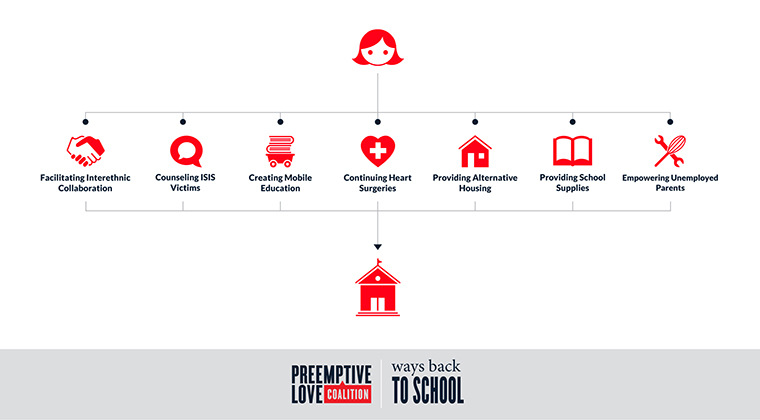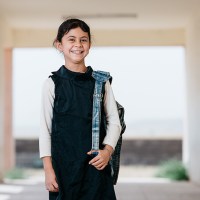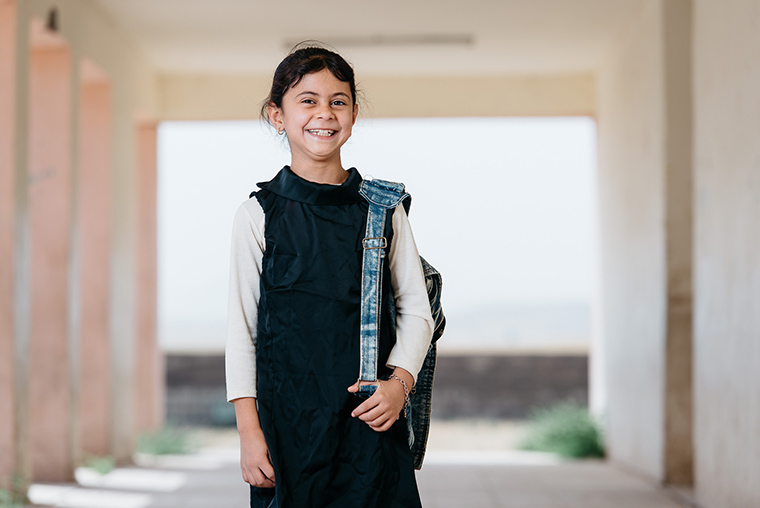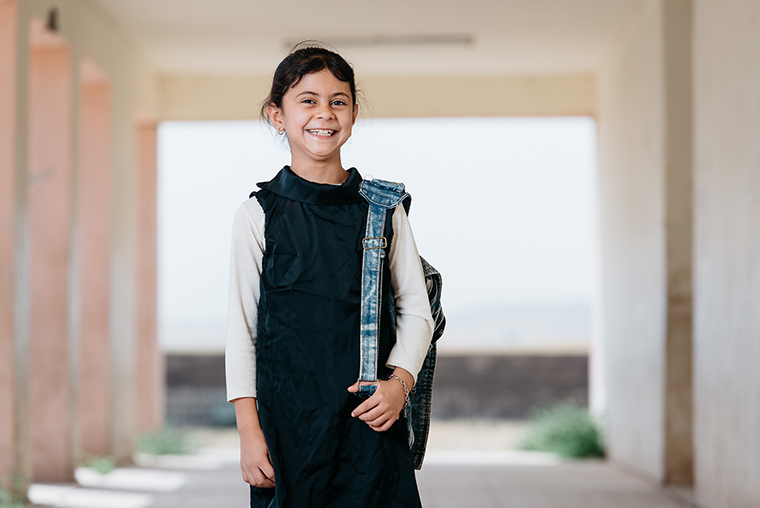
It’s quiet when we first pull up to tents and storage containers stretched out in a line along a chain link fence hung heavy with drying laundry. Soon the sound of the car’s engine rouses the small community, and children spill out of their make-shift homes, curious to know who has come.
Their parents follow behind, and after greetings pieced together in different dialects, we are soon in the thick of conversations about their current struggles as displaced families.
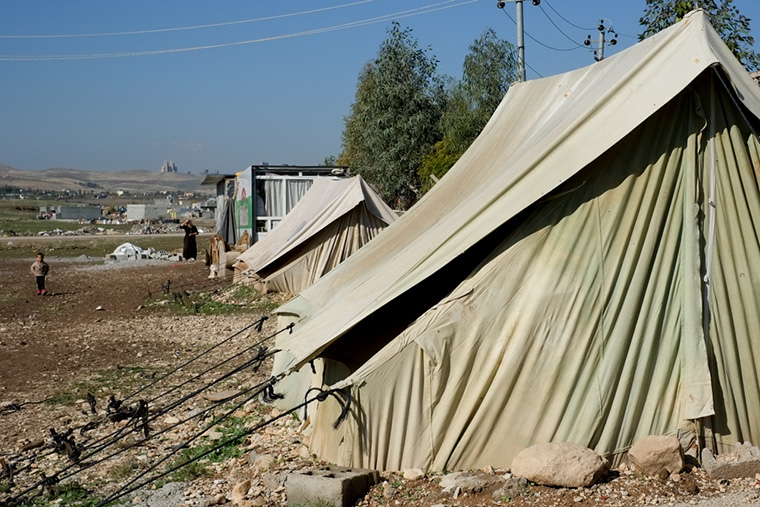
Beginning last fall when millions of Iraqi families were newly displaced by ISIS up to today, the pattern is so often the same–we arrive in the middle of the morning with emergency food supplies, stove tops to cook on, winter boots, coats, heaters, or to check on kids with a bad hearts–and are greeted by a crowd of curious, beautiful kids.
Except that it’s always a school day. And none of the children are in school.
In Iraq, nearly 70% of displaced children have missed a year of school.
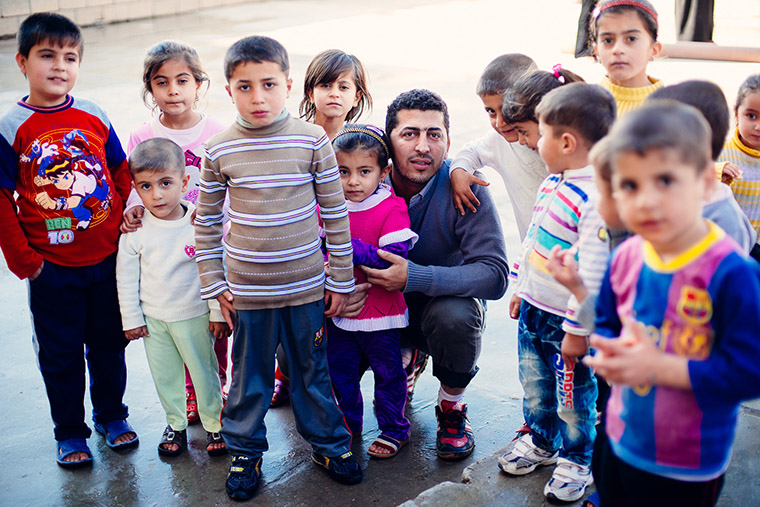
All countries recognize the importance of education. In the middle of war though, education is often seen as a privilege that can wait for peace time. During times of war, children are at their most vulnerable—schools hold the keys not only for their present safety, but their successful futures and wider peace.
•Schools give displaced children stability, structure, and normalcy when everything else has been stripped away.
•Schools give boys a safe place to be, so they don’t spend their days on the street, vulnerable to being recruited or kidnapped to fight.
•Schools reduce girls’ vulnerability to sexual violence and early marriage.
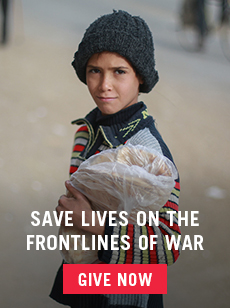
•Schools give children the means to fit into a new community, and to develop their identity as people and not the label of “displaced person”.
•Schools teach the social skills needed to live in times of peace.
•Schools give a children a safe place to deal with trauma.
•Schools break generational cycles of illiteracy and poverty.
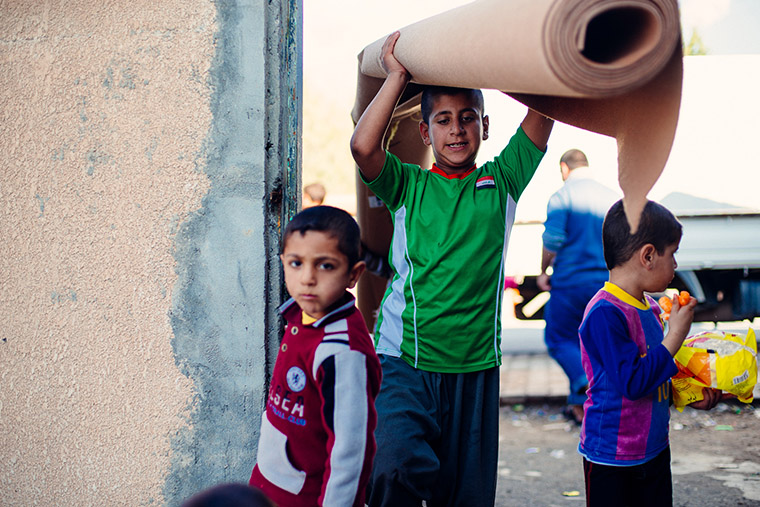
For all of the benefits, there are many barriers to returning displaced children to school.
Families in Iraq that move even a few hours from their home to find safety will find themselves in a community that speaks a different dialect or language. Most families flee with no notice, and have no time to grab the ID papers or school records children need to enroll in their new communities.
The cost of starting over at school–buying uniforms and supplies for a multiple children, and providing transportation–when a family struggles to eat, is an impossible barrier. And parents who didn’t go to school themselves don’t always appreciate the possibilities that come with education.
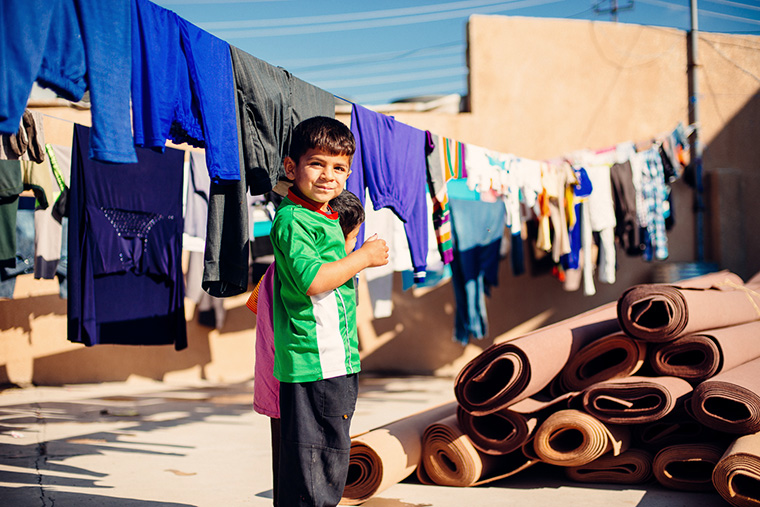
For a parent struggling to start over, getting their children back to school is often just too much for them to accomplish.
But vulnerable Iraqi families don’t have to do it alone. This is where you come in.
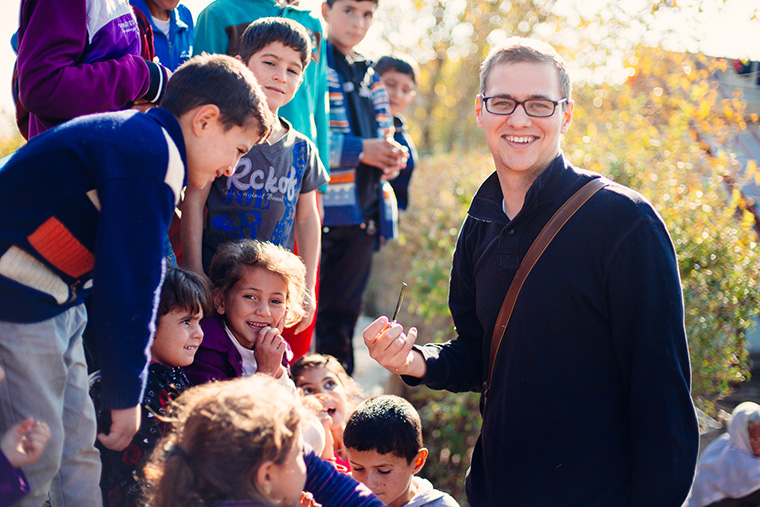
You can help provide advocates for children, that demonstrate the value of education to parents, and negotiate with school administrators to get children into classrooms.
You can provide the school uniforms kids need to feel “normal”, the pencils they’ll use to learn to write their names, and the books they’ll use to learn how to read.
You can help provide the transportation that makes getting to school not only possible, but safe. And for kids that can’t access the regular school system, you can provide mobile resources that will fill in some of the gaps.
Most children who stop attending school because of war never return. You can help to change that.
